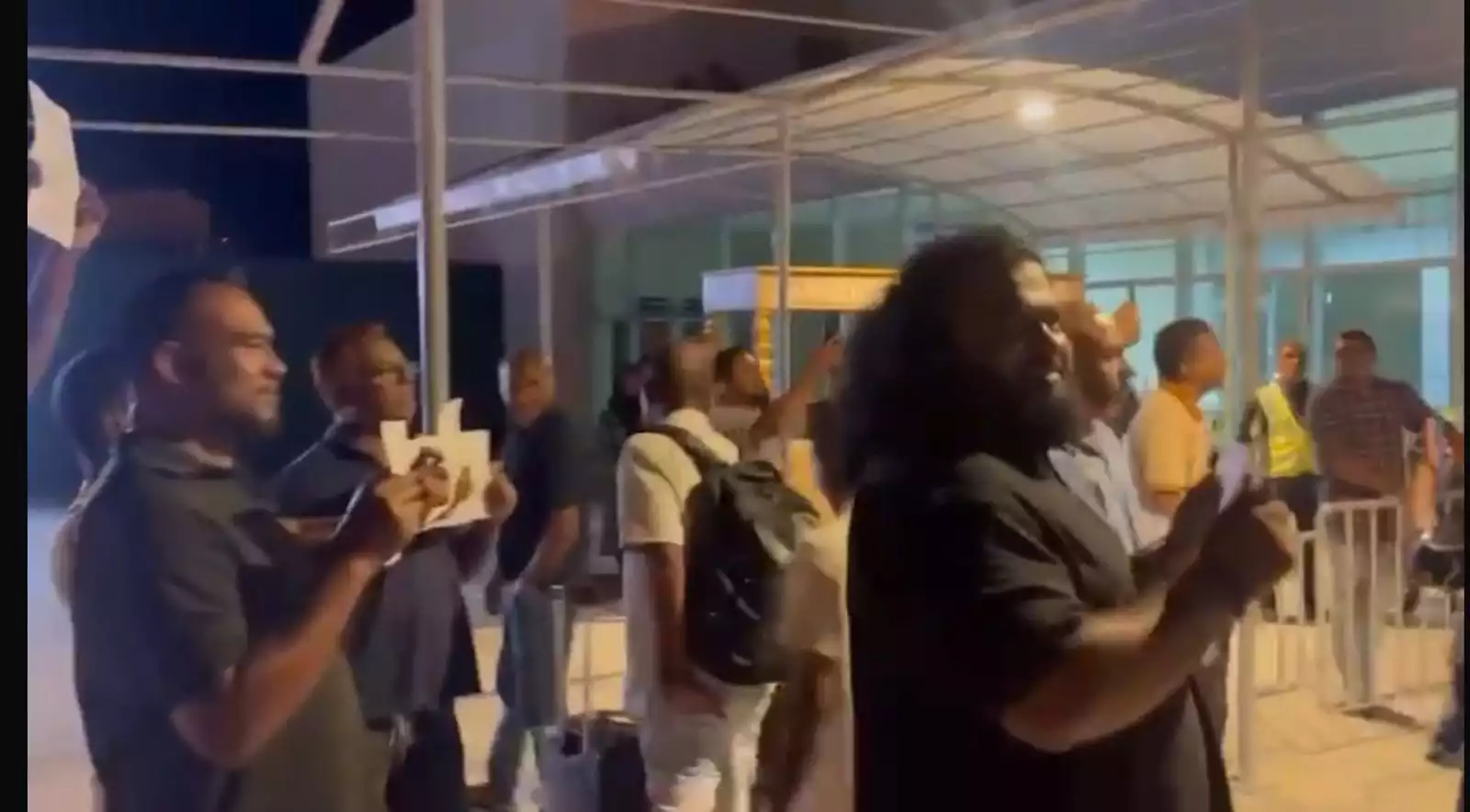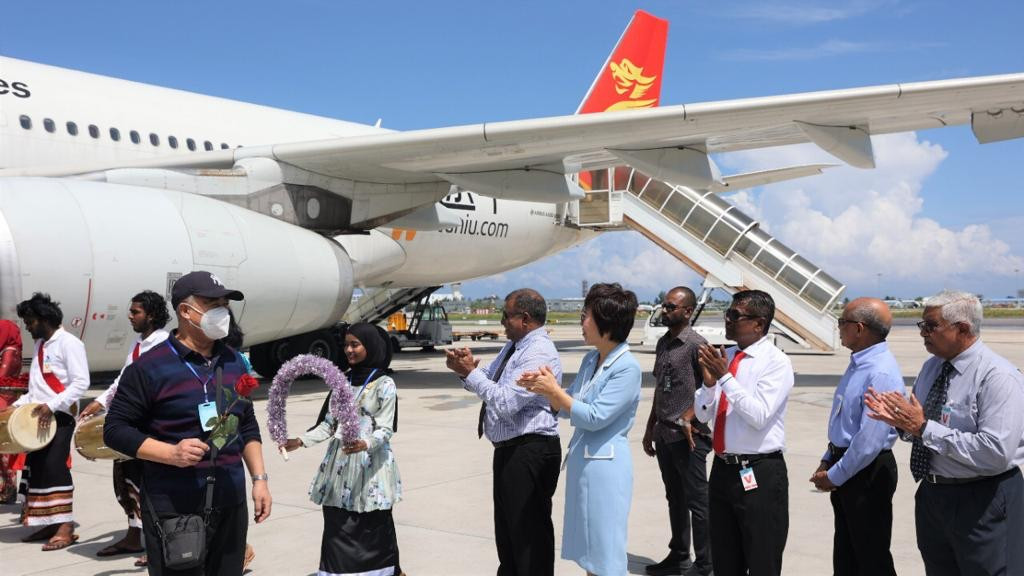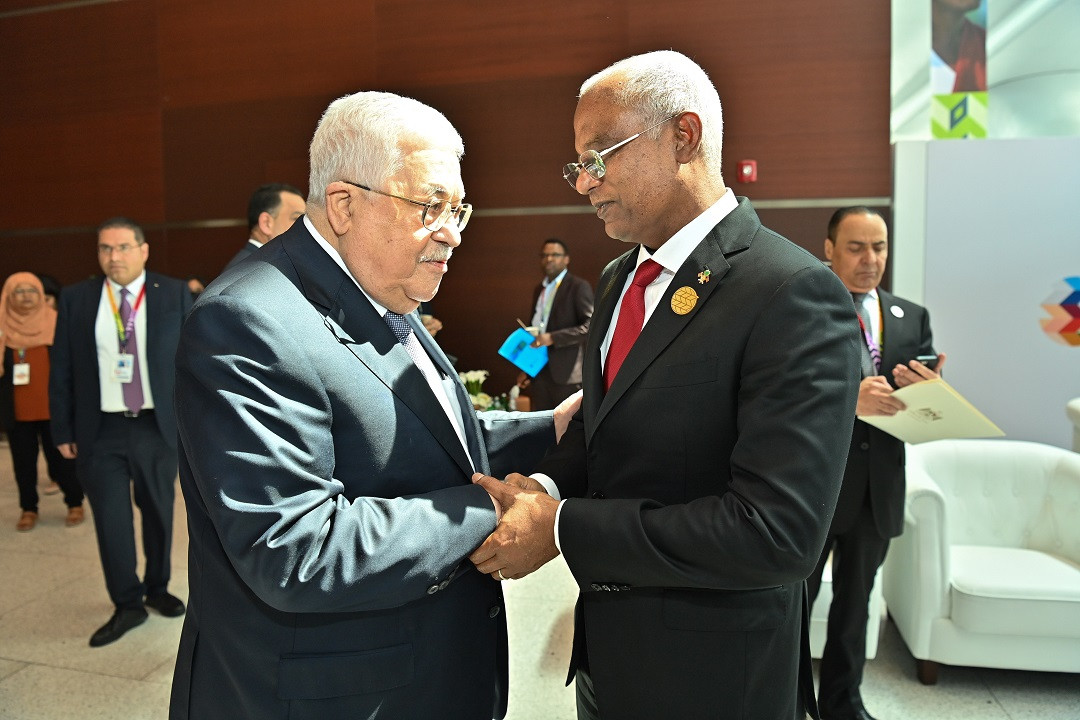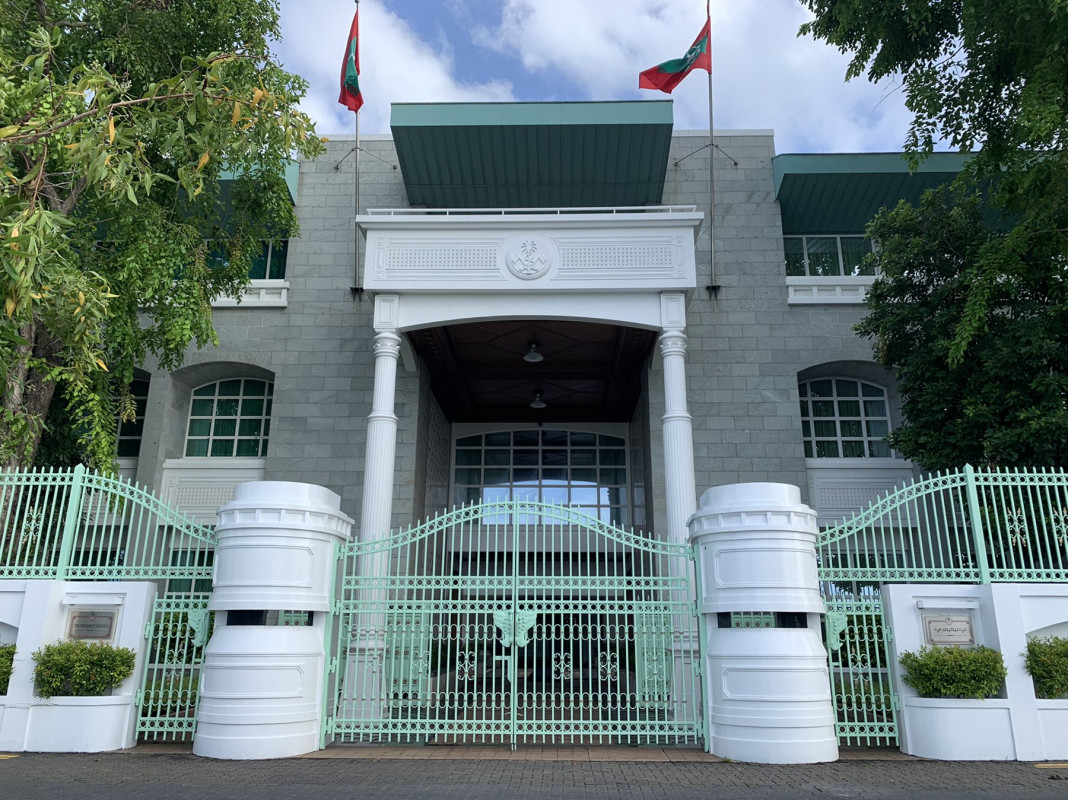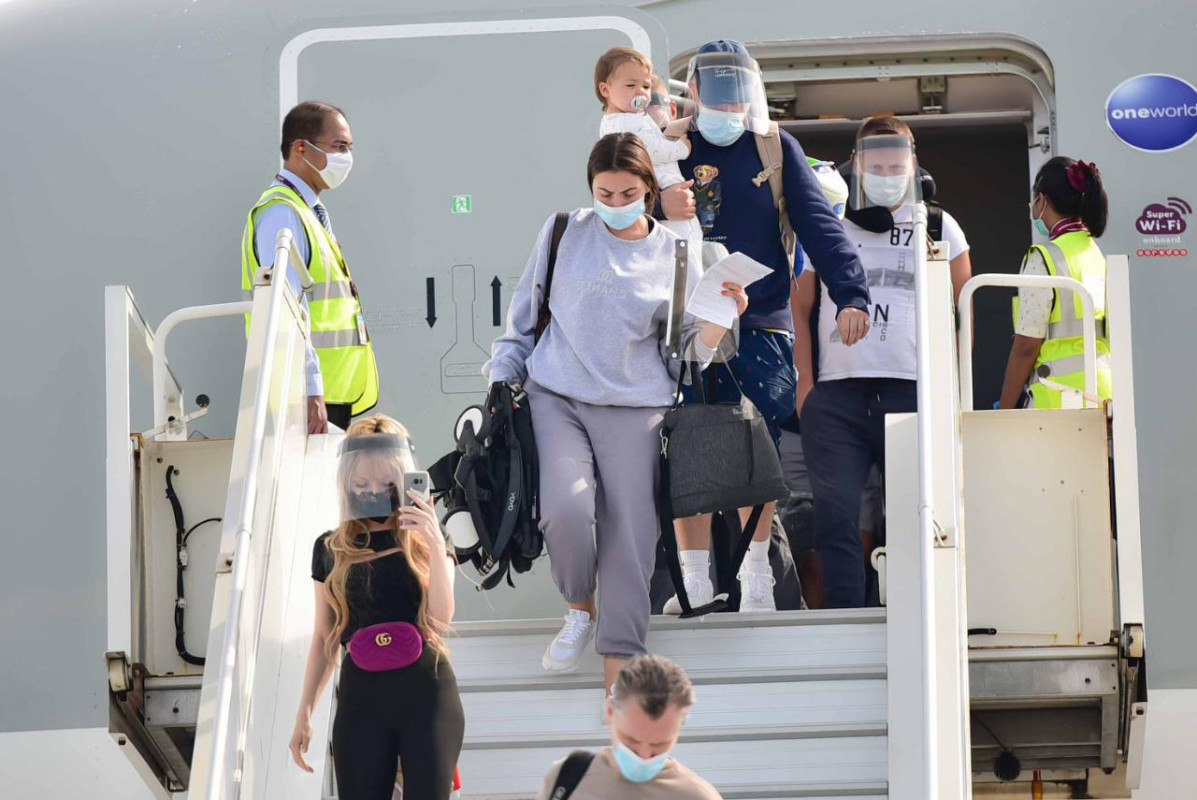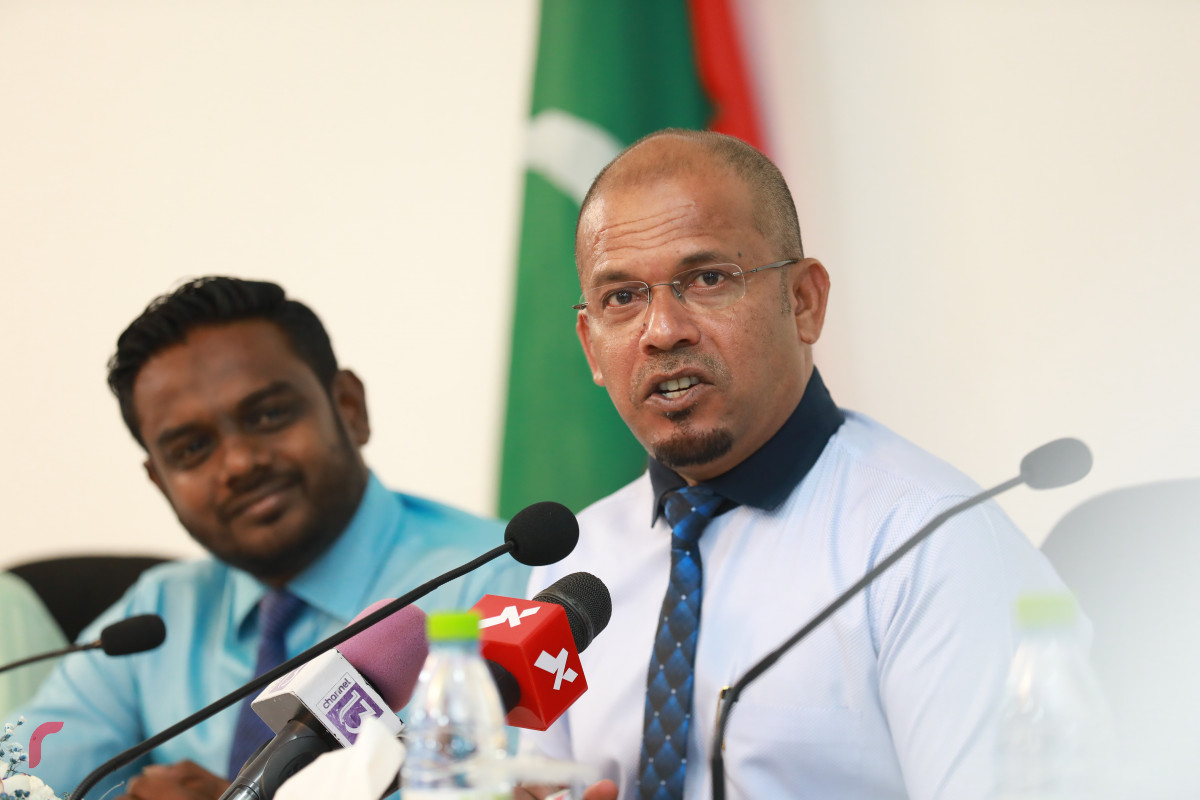Child abuse on the increase and in urgent need of government accountability
While the least controversial form of abuse remains physical violence, emotional abuse appears to be a puzzle to the general population of the Maldives.
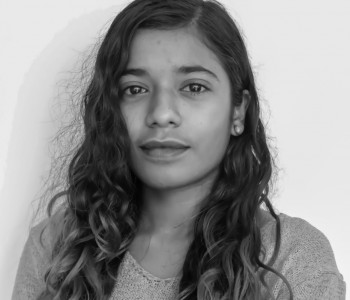
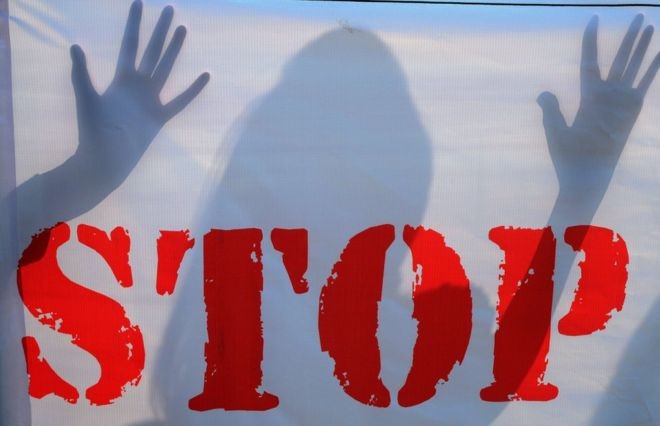
Child Abuse in Maldives - Institutional Negligence
For the longest time, sexuality has been closely bounded with social status and “honor” in the Maldives. People are more ashamed than angry when their children get sexually molested or raped. Furthermore, child sexual abuse in Maldives seemingly portrays a close correlation with incest. It is more likely that your child was abused by a family member, or a close family friend, than a stranger.
While the least controversial form of abuse remains physical violence, emotional abuse appears to be a puzzle to the general population of the Maldives. There is somehow, a lack of urgency or importance when it is regarding an emotional abuse case. It can always be dealt with in due time, or perhaps it will solve itself if we just wait it out. Unfortunately, the same attitude reflects at institutional level. Individuals responsible to protect our rights have responded to some victims saying that they usually let “these sort of cases solve themselves by waiting till one side gives up”.
Apart from the social stigma families would have to live through, which is scarier than death to most Maldivians, up to 2004 or so, there was always the scare of their children being charged with “zina” if the case got reported. It is no surprise that until the general population became more aware of human rights around 2006, people were hesitant to even acknowledge the issue of sexual abuse, especially if it was the case of their own children. Today, the social stigma attached with child sexual abuse might seem relatively less on the surface because of the open discussions online, however it isn’t the reality. Most families in the Maldives still prefer to dismiss or ignore the issue of abuse, while some might put in the effort to resolve the issue within the family. But that would perhaps be the best case scenario in most cases. In a community with such high social pressure, it is understandable that people are still reluctant to report cases to the authorities.
However, as people became more vocal about their tragic experiences with the widespread use of the internet, which provided the ability to share their stories anonymously, it is natural for us to expect an increase in the numbers of reported cases to a realistic amount by now. But the average of sexual assault cases reported to the Family and Child Protection Department (FCPD) of Maldives Police Services from 2008 to 2017, is 523. And the child abuse cases reported between 2010 and 2014 averages at 206 when rounded off. What is worth noting is that there was a slow, but steady increase in the reported child abuse cases from 2010 to 2012 until the number suddenly dropped between the year 2013 and 2014, from 237 to 108 cases.
Our society has been evolving at a noticeably fast speed in the last decade, in terms of letting our voices be heard, but the official statistics of reported child abuse cases portray a surprisingly still picture. A country with a population of 436,330 people, where almost every citizen would know at least one person who has been abused as a child, the number of reported cases seem implausible, at best. There are people who aren’t afraid to speak up anymore, to share their personal stories, nevertheless, very few, even amongst them, would have reported the cases to the relevant authorities.
The most common reason why people seem hesitant to report such cases today, is their lack of trust in the authorities, especially the courts. As mentioned in Transparency Maldives’ survey paper “A Troubled Future for Democracy” from 2015, at the top of the list was the lack of trust in parliament where 57% people said they had no confidence in their representatives, followed by 51% people who had no confidence in the courts. As a result, even the people who are vocal about their unfortunate circumstances, do not trust the judiciary of Maldives to do anything in favor of their children. Therefore the ultimate result remains the same. Despite the social evolvement of the community, access to justice seems further and further away.
This is where the question of institutional negligence presents itself. A 17 year old who was molested at the age of four and/or five by a family friend living in the same congested little space in Male’, when asked if he would report a case if it happened in recent times, answered “No. Because reporting it doesn’t do any good”. While he mentioned that he would rather take actions into his own hands, or in other words, pursue vigilante justice, than go to the authorities, another 18 year old who refused to seek justice from the system which is supposed to protect our rights, said that he is willing to speak up and advocate people on the issue online istead.
An interviewee, who had filed several reports to more than one relevant authority, highlighted the irregularities in the legal procedures. For instance, none of the institutions, including FCPD, Family Protection Authority (FPA), and Ministry of Gender and Family has the power to intervene in cases of emotional abuse, or any other form of abuse which they do not consider as an “emergency”, until ordered by the courts. Authorities have ignored incidents such as a child burning his/her hand due to a parent's negligence, saying that there was nothing they could do to help without a court order because it wasn't an emergency.
Furthermore, the court procedure could take years, and in this specific case, it has already taken three and the victim is still as confused and even more tangled in the process than he was when it first began. He identified several senior individuals from FCPD, FPA and Gender Ministry as negligent staff. “These people think they are outside the system, that the system is flawed and they aren’t. They don’t realize that they are the system”, he repeated.
While physical violence remains least controversial, the lack of understanding regarding emotional abuse in the Maldives is appalling. Hence, it is no surprise that until the general population became more aware of human rights around 2006, people were hesitant to even acknowledge the issue of sexual abuse. Unfortunately, while some might put in the effort to resolve the issue within the family, most families in the Maldives still prefer to dismiss it. And the slow but steady increase in reported cases from 2010 to 2012 came to a recess with a sudden drop in numbers between 2013 and 2014. Even though there are people who aren’t afraid to speak up anymore, very few trust the authorities to be of any help. While the majority do not trust the justice system of the Maldives, victims confirm the lengthy legal procedures and unnecessary complications, and above all, the level of institutional negligence involved in the system when it comes to child abuse.
